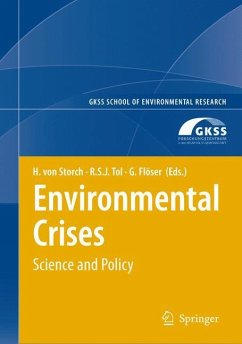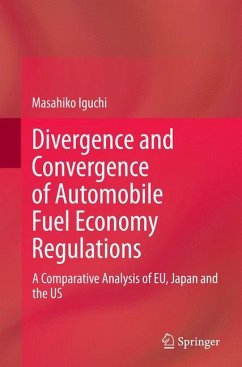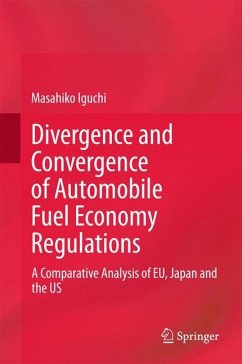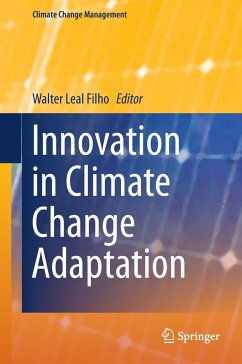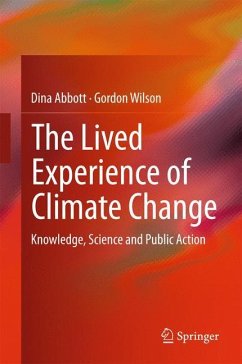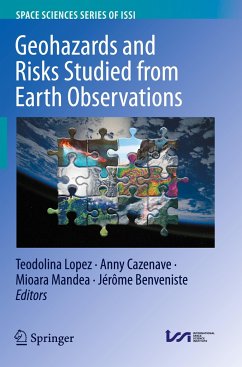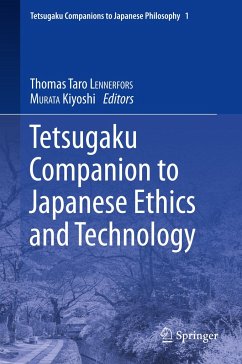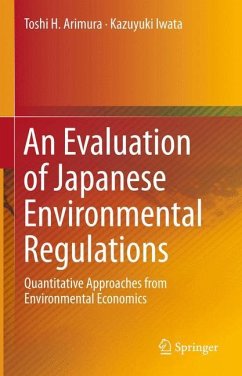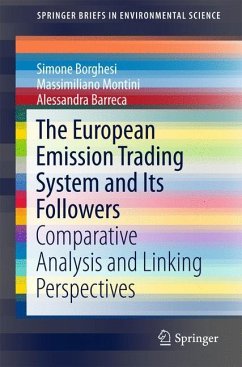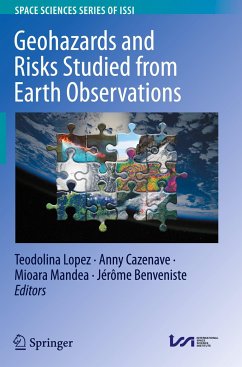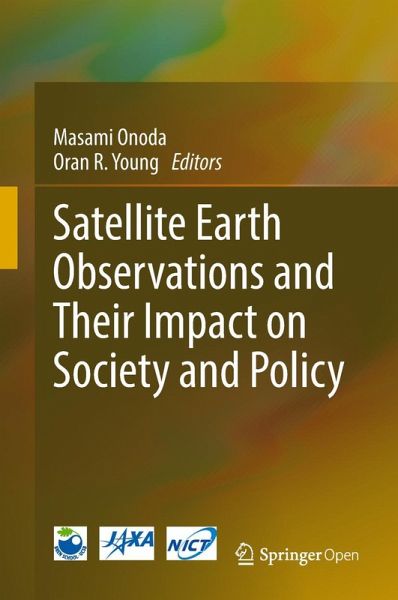
Satellite Earth Observations and Their Impact on Society and Policy
Versandkostenfrei!
Versandfertig in 6-10 Tagen
38,99 €
inkl. MwSt.

PAYBACK Punkte
19 °P sammeln!
The result of a workshop bringing together an international advisory board of experts in science, satellite technologies, industry innovations, and public policy, this book addresses the current and future roles of satellite Earth observations in solving large-scale environmental problems. The book showcases the results of engaging distinct communities to enhance our ability to identify emerging problems and to administer international regimes created to solve them. It also reviews the work of the Policy and Earth Observation Innovation Cycle (PEOIC) project, an effort aimed at assessing the i...
The result of a workshop bringing together an international advisory board of experts in science, satellite technologies, industry innovations, and public policy, this book addresses the current and future roles of satellite Earth observations in solving large-scale environmental problems. The book showcases the results of engaging distinct communities to enhance our ability to identify emerging problems and to administer international regimes created to solve them. It also reviews the work of the Policy and Earth Observation Innovation Cycle (PEOIC) project, an effort aimed at assessing the impact of satellite observations on environmental policy and to propose a mission going forward that would launch an "innovation cycle". The achievements of such a mission would feed back to innovations in next-generation observation technology, thus contributing to global policy demand for policy-relevant information.
This book is open access under a CC BY license.
This book is open access under a CC BY license.





